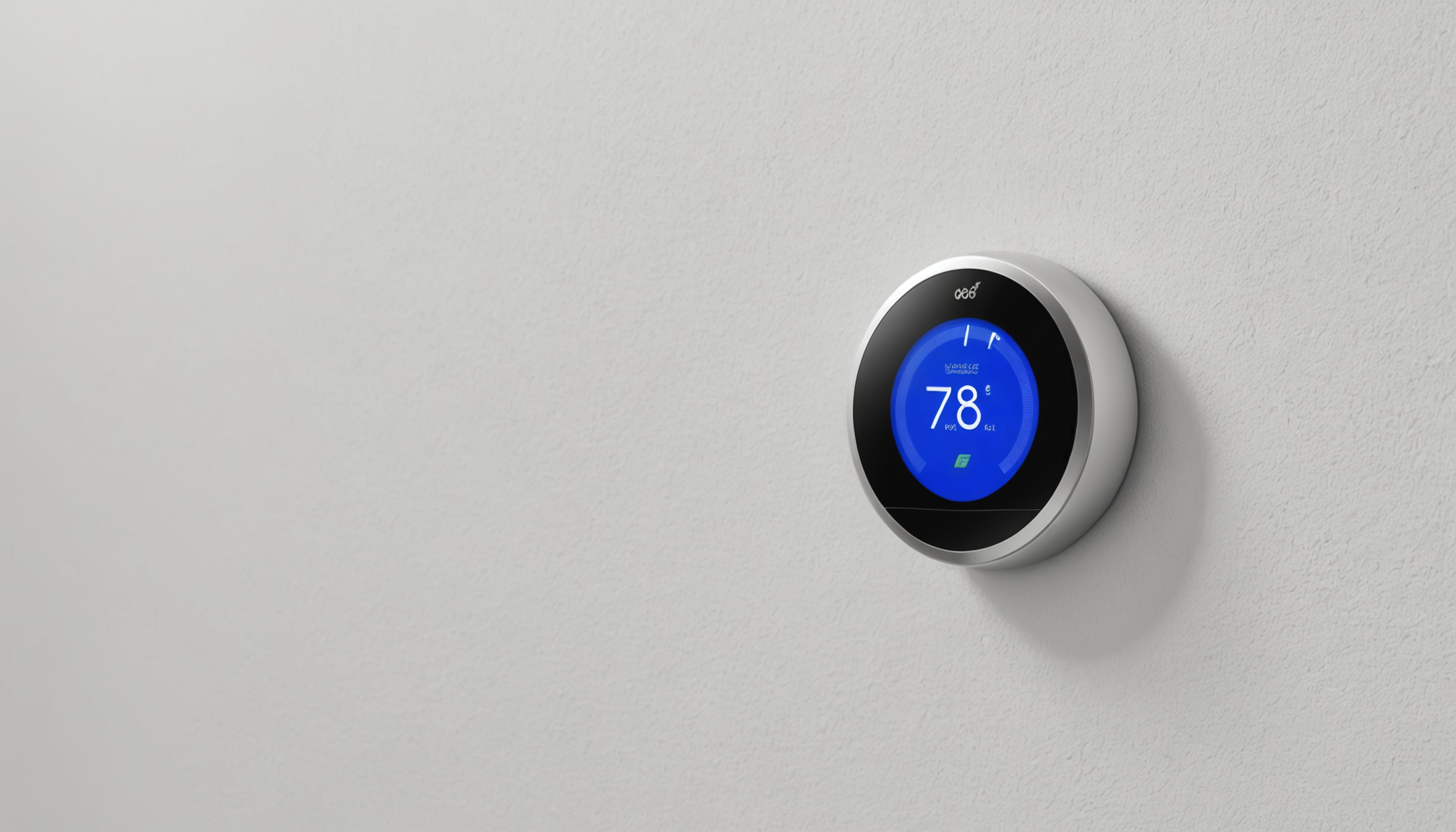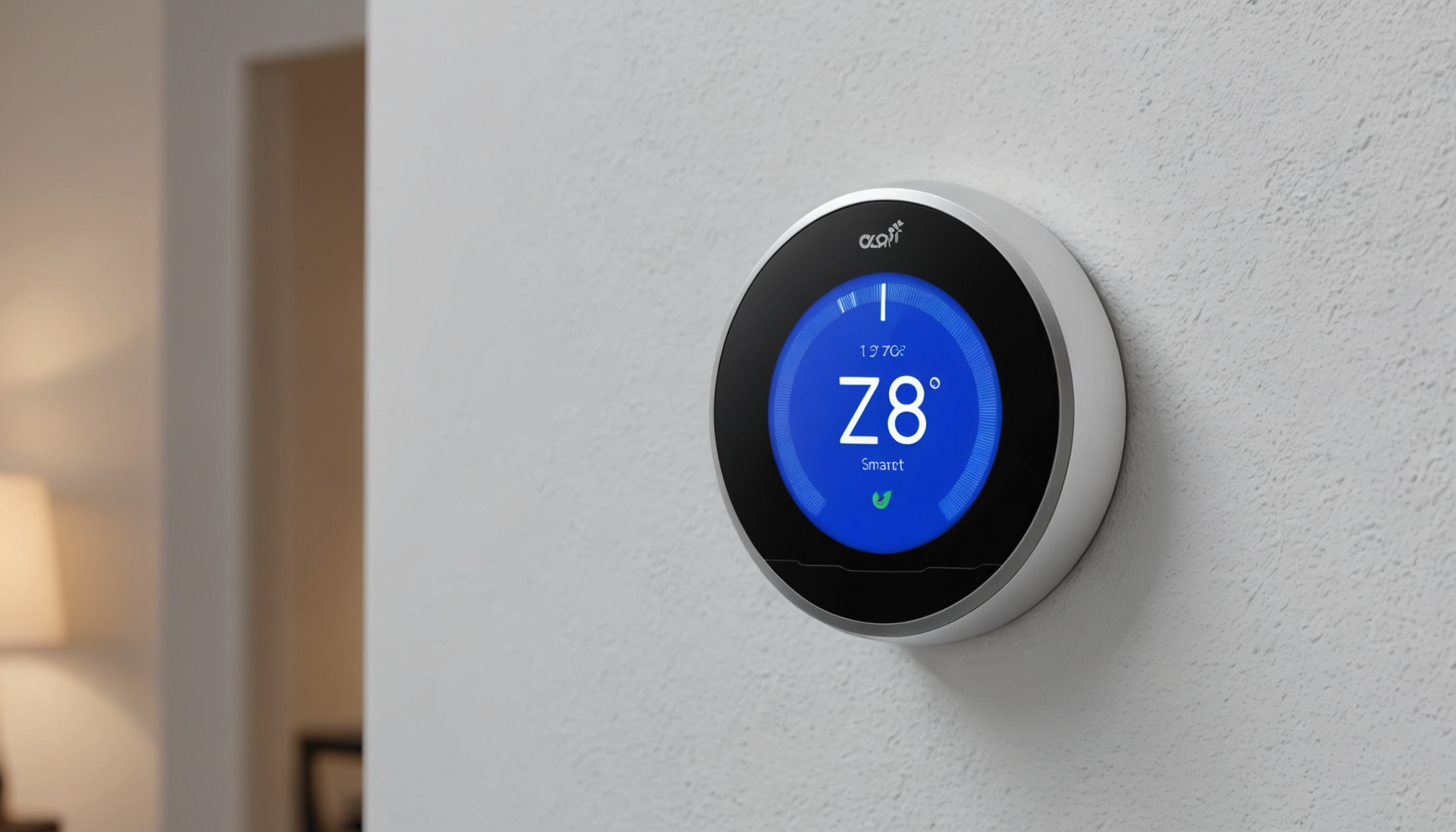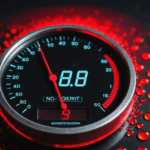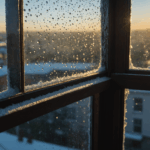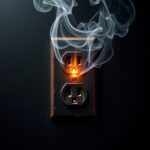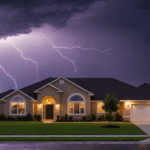In Orlando’s intense heat, monitoring your HVAC system’s temperature settings and maintaining your thermostat is crucial for optimal performance. According to the U.S. Department of Energy, proper thermostat settings can reduce energy costs by up to 10% annually, while incorrect settings or malfunctioning units can lead to excessive wear on your system.
For optimal efficiency, program your thermostat to maintain a temperature of 78°F when you’re home during summer months. The Florida Building Commission recommends increasing this setting by 7-10 degrees when you’re away for more than two hours. Smart thermostats, which have shown to reduce HVAC energy usage by 8-15% according to Energy Star, can automate this process and provide valuable system performance data.
Regular thermostat maintenance includes:
- Cleaning the display and internal components every 3-4 months using compressed air or a soft brush
- Checking and replacing batteries twice yearly (typically spring and fall)
- Verifying temperature accuracy using a separate thermometer placed 5 feet from the floor
- Ensuring the unit is level and properly mounted
- Checking wire connections for signs of wear or looseness
When monitoring system performance, pay attention to temperature differentials. According to HVAC professionals at the Air Conditioning Contractors of America (ACCA), the air coming from your vents should be 15-20 degrees cooler than the room temperature. If you notice smaller temperature differences, it could indicate reduced system efficiency requiring professional attention.
For homeowners with older manual thermostats, upgrading to a modern programmable or smart model can significantly improve system efficiency. Data from the Environmental Protection Agency shows that Orlando residents can save approximately $180 annually through proper thermostat programming. Additionally, smart thermostats can alert you to maintenance needs and unusual temperature patterns that might indicate developing system issues.
Regular filter replacement and cleaning
Maintaining clean and regularly replaced air filters is a cornerstone of effective HVAC maintenance in Orlando’s demanding climate. A dirty filter can increase your system’s energy consumption by up to 15% while reducing its cooling efficiency dramatically. According to local HVAC experts, Orlando’s high humidity and year-round pollen necessitate more frequent filter changes than in other regions.
For standard 1-inch filters, replacement should occur every 30-45 days during peak cooling seasons, which in Orlando extends from March through October. However, homes with pets, multiple occupants, or those near construction areas may require more frequent changes. High-efficiency pleated filters can last up to 90 days but should be inspected monthly for accumulated debris.
The filter cleaning and replacement process requires careful attention to airflow direction indicators and proper sizing. Using an incorrectly sized filter or installing it backward can result in reduced efficiency and potential system damage. When selecting replacement filters, consider the MERV (Minimum Efficiency Reporting Value) rating – for most residential systems in Orlando, a MERV rating between 8 and 13 provides optimal filtration without overtaxing the system.
During filter maintenance, it’s essential to inspect the surrounding ductwork and filter housing for dust accumulation or damage. Clean these areas using a vacuum with a brush attachment or a damp cloth. For washable filters, ensure complete drying before reinstallation to prevent mold growth, which is particularly crucial in Orlando’s humid environment.
- A clean filter can lower your HVAC system’s energy consumption by 5-15% and extend equipment life
- High-MERV filters (13+) can restrict airflow and should only be used if your system is designed for them
- Mark your calendar or set phone reminders for regular filter checks every 30 days
- Keep spare filters on hand to ensure immediate replacement when needed
Outdoor unit maintenance essentials
Many Orlando homeowners unknowingly compromise their HVAC system’s efficiency through improper outdoor unit maintenance. The exterior condenser unit requires consistent care to function optimally in Florida’s harsh climate, where temperatures regularly soar above 90°F.
One common mistake is allowing vegetation to grow too close to the unit. Maintain at least 2 feet of clearance around all sides and 5 feet above the unit. Trim bushes, remove weeds, and regularly clear fallen leaves or debris that can obstruct airflow. However, avoid the temptation to cover the unit during winter months, as this can trap moisture and lead to corrosion.
During maintenance, use a garden hose to gently clean the condenser coils from the inside out, contrary to what many homeowners do. Spraying from the outside in can compact debris further into the unit. Always turn off power to the unit before cleaning and avoid using pressure washers, which can damage the delicate fins.
Many homeowners also forget to check and clean the condensate drain line, which is crucial in Orlando’s humid climate. Pour a cup of white vinegar down the drain line every 60 days to prevent algae growth and clogs. Install a float switch if you don’t have one – it automatically shuts off the system if the drain line becomes blocked.
Here’s what to regularly inspect:
– Check the concrete pad for leveling issues
– Listen for unusual noises that might indicate loose components
– Inspect refrigerant lines for damaged insulation
– Clean fallen debris from the top grill
– Examine fan blades for cracks or damage
A significant oversight is ignoring minor issues until they become major problems. If you notice your outdoor unit running constantly or making strange sounds, don’t wait – contact a professional. According to local HVAC specialists, addressing small problems early can prevent costly repairs and extend system life by 3-5 years.
During Orlando’s storm season, inspect the unit after severe weather events. Remove any debris and check for damage to electrical connections or components. Consider installing a surge protector specifically designed for HVAC systems to prevent lightning damage, a common issue in Florida’s lightning capital.
Professional inspection schedule
Establishing a consistent professional inspection schedule is vital for maintaining peak HVAC performance in Orlando’s challenging climate. Industry experts recommend two comprehensive inspections annually – one in early spring before the intense cooling season begins, and another in fall to assess any summer stress on the system.
During these bi-annual inspections, certified technicians perform crucial tasks that go beyond typical DIY maintenance:
– Refrigerant level testing and adjustment
– Electrical connection tightening and safety checks
– Thermostat calibration verification
– Comprehensive ductwork inspection
– Blower motor performance evaluation
– Condenser and evaporator coil cleaning
– System pressure measurements
Local Orlando HVAC companies report that systems receiving regular professional maintenance last 30-40% longer than those serviced only when problems arise. The cost of professional inspections, typically ranging from $80-150 per visit, is significantly less than emergency repairs, which can exceed $500-1000 in the Orlando area.
Consider establishing a maintenance contract with a reputable local provider. These agreements often include priority service during peak seasons and discounts on repairs. Many Orlando HVAC companies offer tiered service plans that can be customized to your system’s specific needs and usage patterns.
Documentation is crucial – maintain detailed records of all professional inspections and repairs. This history helps technicians identify patterns and potential issues before they become serious problems. Quality HVAC companies will provide detailed inspection reports highlighting:
– Current system efficiency measurements
– Components approaching end-of-life
– Recommended preventive repairs
– Energy-saving upgrade opportunities
– Safety concerns that need addressing
Between professional visits, monitor your system’s performance and keep notes about unusual sounds, odors, or behavior. This information helps technicians diagnose issues more effectively during scheduled maintenance visits. Remember that in Orlando’s climate, waiting for problems to develop before calling professionals often results in higher repair costs and reduced system efficiency.
By following a professional inspection schedule, you’re not just maintaining your system – you’re protecting your investment and ensuring reliable cooling when you need it most. Smart homeowners know that professional maintenance pays for itself through improved efficiency, extended equipment life, and fewer emergency repairs.
Cooling system efficiency tips
- Why is my Orlando A/C running constantly but not cooling properly?
- This could indicate several efficiency issues, including dirty coils, low refrigerant, or a clogged filter. Most commonly, continuous operation with poor cooling results from restricted airflow or system component strain, requiring immediate professional inspection to prevent further damage.
- How can I reduce my HVAC energy costs during Orlando’s hot summers?
- Implement a programmable thermostat schedule, keeping temperatures at 78°F when home and slightly higher when away. Additionally, ensure all windows are properly sealed, use ceiling fans to improve air circulation, and maintain clean filters to optimize system efficiency.
- What’s the best time to schedule maintenance for my A/C system in Orlando?
- Schedule your first annual maintenance in early spring (February or March) before peak cooling season begins. The second maintenance check should be performed in fall (October or November) to assess any wear from summer use and prepare for occasional winter operation.
- Should I close vents in unused rooms to save money?
- No, closing vents can create pressure imbalances and reduce overall HVAC system efficiency. Modern systems are designed to cool your entire home, and closing vents can strain the system and potentially lead to costly repairs.
- How often should I replace my A/C unit in Orlando’s climate?
- In Orlando’s demanding climate, properly maintained HVAC systems typically last 10-12 years. However, if your unit is over 10 years old and requiring frequent repairs, or if its SEER rating is below 14, consider replacing it with a more efficient model.
